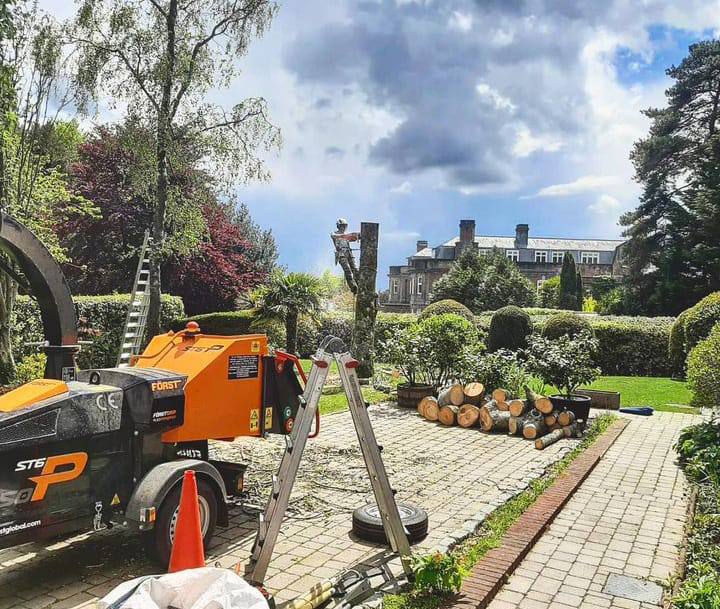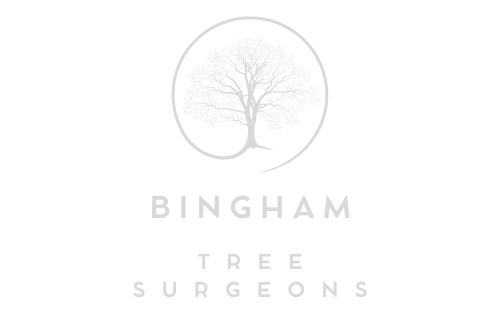Crafting Connections: Reshaping Trees for Traditional Wood Joinery
Introduction: In the world of woodworking, traditional joinery techniques stand as a testament to craftsmanship and precision. From dovetails to mortise and tenon joints, these age-old methods have been used centuries to create durable and beautiful furniture, architecture, and more. At Bingham Tree Surgeons, we recognise the importance of quality wood in traditional joinery, so we’re exploring the art of reshaping trees specifically for this purpose.
The Art of Traditional Wood Joinery:
Traditional wood joinery involves interlocking two or more pieces of wood without creating strong and seamless connections. These techniques have been perfected over centuries by craftsmen worldwide and are celebrated for their strength, durability, and aesthetic appeal.
Selecting the Right Trees:
The key to exceptional traditional wood joinery lies in the quality of the wood used. Different tree species offer distinct characteristics that can influence joinery projects’ strength, appearance, and workability. When reshaping trees for traditional wood joinery, we prioritise species with desirable qualities such as:
- Straight grain: Wood with straight, uniform grain patterns is prized for its stability and ease of working, making it ideal for intricate joinery cuts and detailing.
- Hardness and durability: Hardwood species such as oak, maple, and cherry are renowned for their strength and resistance to wear, ensuring longevity and reliability in joinery applications.
- Fine texture: Woods with a fine, even texture lend a smooth and polished finish to joinery projects, enhancing their visual appeal and tactile quality.
Reshaping Trees for Joinery-Worthy Wood:
Reshaping trees for traditional wood joinery involves careful pruning and shaping to encourage the growth of desirable characteristics such as straight, knot-free trunks and branches with uniform grain patterns. By selectively pruning and guiding tree growth, we can cultivate wood suited for intricate joinery work.
Conclusion: Reshaping trees for traditional wood joinery is a labour of love that requires skill, expertise, and a deep appreciation for craftsmanship. Experts are honoured to play a part in preserving these timeless traditions and providing artisans with the highest quality wood for their creations. Whether you’re a seasoned woodworker seeking premium materials for your joinery projects or simply passionate about preserving heritage crafts, they are ready to help.
Call us on: 0115 647 1176
Click here to find out more about Bingham Tree Surgeons
Click here to complete our contact form and see how we can help with your tree’s needs.

